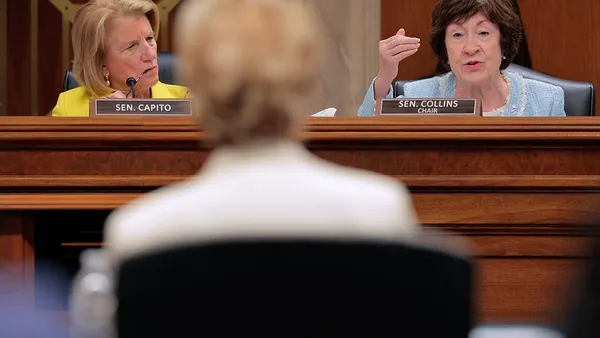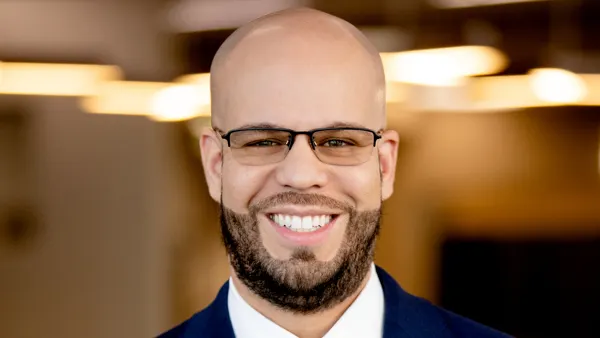Dive Brief:
-
A majority of pre-K-12 through college-level educators worldwide (57%) said challenges outside the classroom — such as issues at home and insufficient family support — are the biggest obstacle to student success, according to a survey released Tuesday by Morning Consult and McGraw Hill.
-
Nearly 50% of educators said struggles with behavioral and mental health pose a barrier to student success, and 36% of teachers pointed to challenges with students not having prerequisite skills.
-
When asked about artificial intelligence, 41% said the technology has a mostly positive impact on educational outcomes. About 1 in 5 called the impacts of AI mostly negative.
Dive Insight:
The survey included 1,000 educators in pre-K-12 and higher education from 19 countries, including the U.S. Morning Consult, a business intelligence company, conducted the survey on behalf of McGraw Hill, a global education publishing and technology company.
In the U.S., most pre-K-12 teachers — 76% — said managing students' behaviors and mental health needs was their biggest challenge. Struggling to keep students engaged poses the second-largest obstacle for U.S. teachers.
Pre-K-12 educators from most of the global regions profiled in the research cited managing students' behaviors or mental health needs as one of their top two challenges.
Higher education faculty in the U.S. called student engagement their biggest challenge (68%), followed by dealing with politicization in education (57%).
"We must do all we can to ensure educators around the world feel supported at every level, so they can help students overcome these obstacles and succeed," said Simon Allen, McGraw Hill CEO, in a statement. McGraw Hill and Morning Consult conducted the survey in February and March.
Regarding AI, 65% of educators at all levels said the technology helps reduce time spent on administrative tasks, and 63% said it helps personalize the learning experience for each student. The top three drawbacks of AI, according to survey respondents, include the effects on academic integrity (32%), critical thinking (31%) and memory retention (30%).
When asked what policymakers and school leaders should prioritize to help improve student success, increased pay was the top recommendation of U.S. pre-K-12 teachers. More funding for education was the leading suggestion from U.S. higher education faculty.
"As education leaders in governments, at institutions and in our industry look to build solutions that will help students around the world succeed, it's important that we listen to those individuals who are working with students every day and do all we can to help support and empower them," Allen said.














